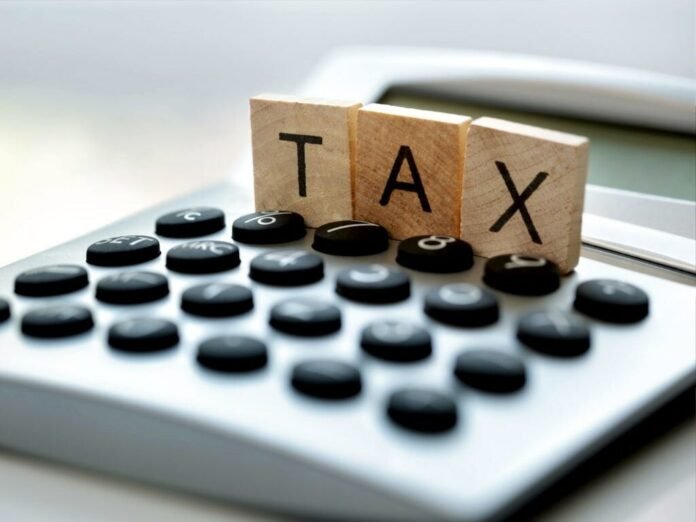New taxation measures of Rs 1.2 trillion to Rs 1.3 trillion in the upcoming budget (2024-25) will include enhanced withholding tax rates on transactions of non-filers and increased tax rates on the buying and selling of immovable properties, vehicle registration, and revisions in income tax slabs for the salaried class.
Sources informed Business Recorder that the government has proposed to the International Monetary Fund (IMF) to increase the income tax exemption threshold up to Rs 1 million for the salaried class.
There is a proposal to rationalize tax rates for individuals by removing the distinction between salaried and non-salaried individuals and reducing the number of rate slabs. Additionally, budget makers are considering further increasing the difference in withholding tax rates between filers and non-filers. One proposal is to increase advance income tax on the import of machinery by 1 percentage point, with a revenue impact of Rs 2 billion per month.
The second proposal is to increase advance income tax on the import of raw materials by industrial undertakings by 0.5 percent, with an expected collection of Rs 2 billion per month.
The third proposal is to raise advance income tax on the import of raw materials by commercial importers by 1 percent, with a revenue impact of Rs 1 billion per month.
The fourth proposal is to increase the withholding tax on supplies by 1 percent, with expected collections of Rs 1 billion per month.
The fifth proposal is to increase withholding tax on services by 1 percentage point, with expected collections of Rs 1.5 billion per month, and to increase withholding tax on contracts by 1 percent, having a revenue impact of Rs 1.5 billion per month. The sixth proposal is to raise the withholding tax on cash withdrawals from banks by non-filers from 0.6 percent to 0.9 percent.
According to sources, the Federal Board of Revenue (FBR) is also considering repealing the remaining exemptions for donations and non-profit organizations contained in the Second Schedule (Exemption Schedule) of the Income Tax Ordinance and making them eligible for tax credits. The FBR is reviewing the charitable donations tax credit, as well as the credit for certain persons, to assess whether changes to eligibility requirements would be desirable.
The IMF has proposed that a comprehensive review of tax incentive regimes should be undertaken to eliminate and streamline unnecessary or duplicative incentives and to adopt cost-based tax incentives, such as accelerated depreciation, where incentives are absolutely necessary. Rather than having stacked incentives, it is preferable to have a more regular tax system with a lower tax rate supported by a wider tax base.
Other features of the tax system, that pose impediments to investments, such as its complexity and high compliance burden, will, when removed, positively affect the investment climate.
Consideration could also be given to whether the current classical system of taxation that taxes both corporate profit and dividend distributions, resulting in double taxation of corporate income, should be replaced by either a one-tier corporate tax system or an imputation system, it added.
The IMF further proposed that the present personal income tax rate structure presents several problems. First, while the marginal income tax rate structure is largely progressive, it is only applied to certain types of income, leading to inequities between taxpayers who earn different types of income.
Second, the more preferential tax rates applicable to salaried individuals (as compared to non-salaried individuals) mean that individuals could be incentivized to characterize their income as employment rather than business, which may present administrative challenges as it is often not easy to determine if a case falls within an employer-employee or a customer-consultant relationship.
IMF loan talks: Pakistan set to hike property taxes in budget 2024-25
This problem extends to any differences in the final tax burdens imposed on different types of income under the present schedular system, as taxpayers can be expected to engage in tax planning and restructuring to ensure that their income fits within the most tax-advantageous category.
Such activities impose economic deadweight losses as resources are diverted into unproductive planning activities and may cause serious economic inefficiency as taxpayers opt for income-earning activities that may be less efficient but more lightly taxed, the IMF added.





